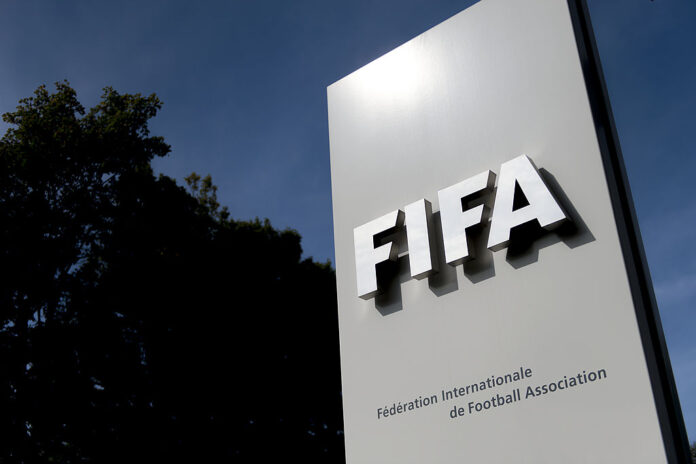Are FIFA’s transfer regulations on player transfers illegal?
A former professional player sued FIFA and the Belgian Football Association in a Belgian court for damages. The player argued that, as a result of a dispute with his former club, a potential contract with a Belgian team was frustrated by the FIFA Regulations on the Status and Transfer of Players.
FIFA’s transfer regulations provide that, in the event of a dispute between a player and a club due to the termination of a contract without just cause, the new club wishing to sign him is jointly and severally liable for the payment of compensation owed to the former club. In other words, it is jointly and severally liable to the player for whatever is due to the former club.
Accordingly, the Regulation also allows the Club to refuse to issue the international transfer certificate in favour of the new Federation in which the new club is a member. To decide the case, a Belgian Court of Appeal consulted the Court of Justice of the European Union on the interpretation of the EU rules.
EU Advocate General Opinion
The Advocate General of the Court considers that these rules may contradict European Union law on competition and the free movement of persons[1]. Because the financial risk may discourage clubs from signing a player. It thus makes it more difficult for the player to pursue his profession at a club in another EU Member State. Consequently, this limitation affects competition between clubs on the transfer market for professional players.
However, the Advocate thinks these rules can be justified on specific grounds. For instance, to restrict competition between clubs. Another example is that the rule of joint and several liability would not apply when it is proven that the club had no role in the unjustified termination of the player’s previous contract.
It should be noted that the Court of Justice of the European Union will decide on the interpretation of the EU rules about the FIFA regulation.
Find out more about the law around the World
References
Advocate General’s Opinion in Case C-650/22. Press Release No 78/24
Footnotes
- [1] Advocate General’s Opinion in Case C-650/22. Press Release No 78/24






